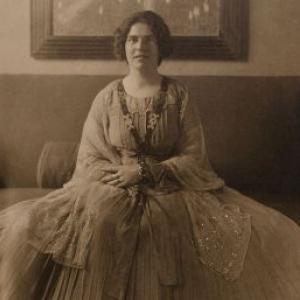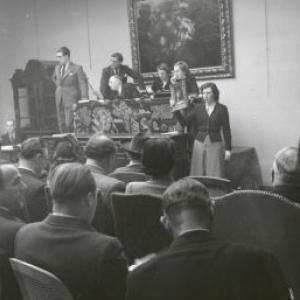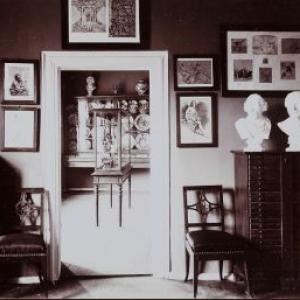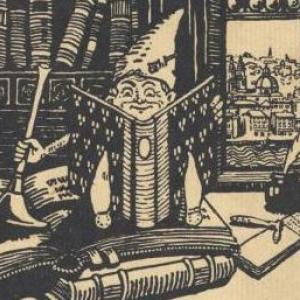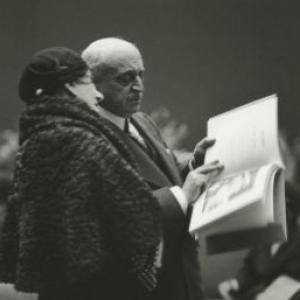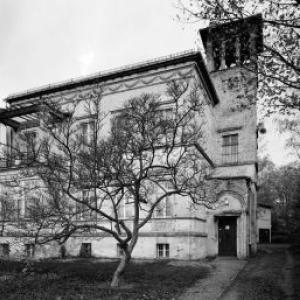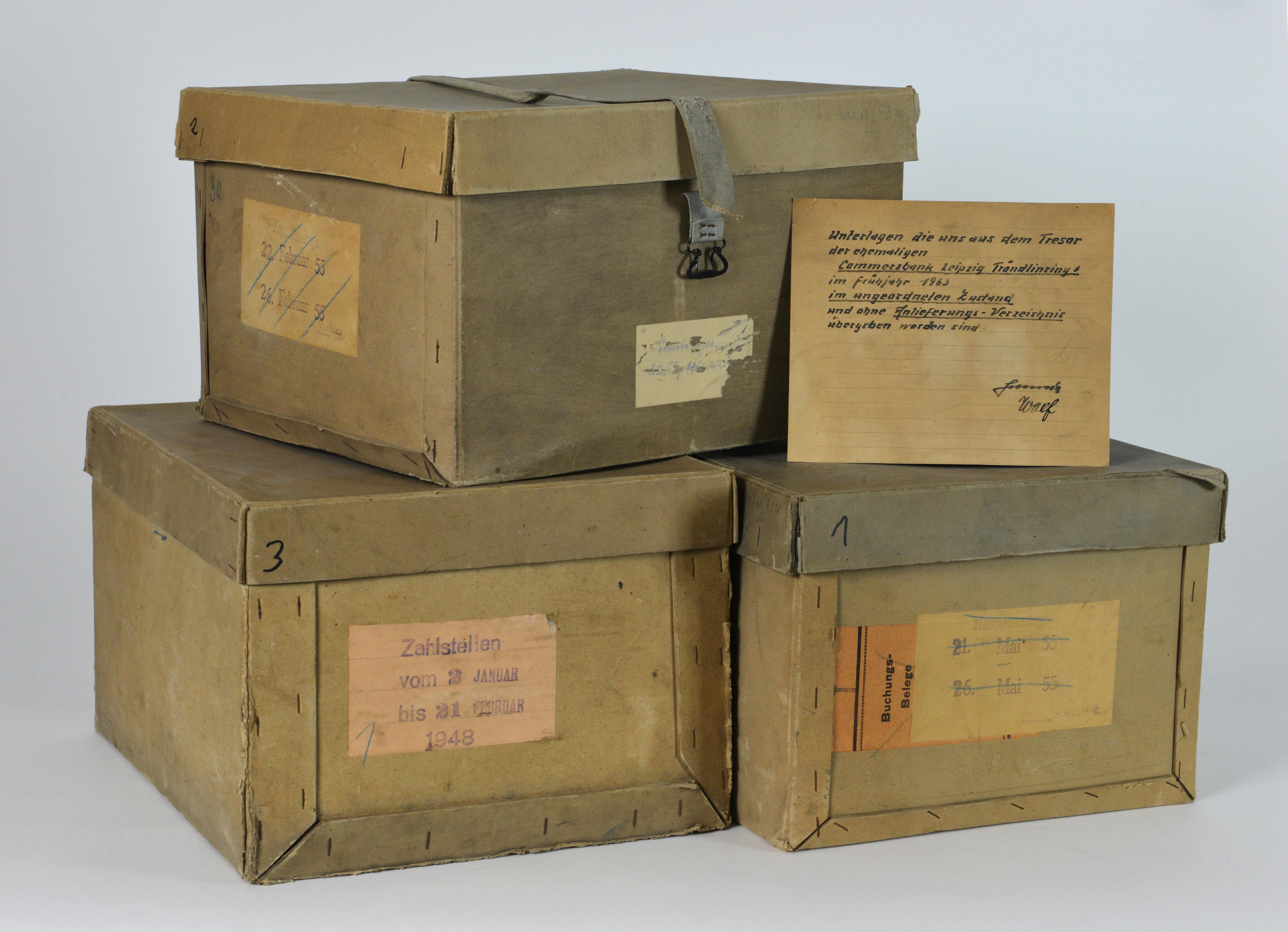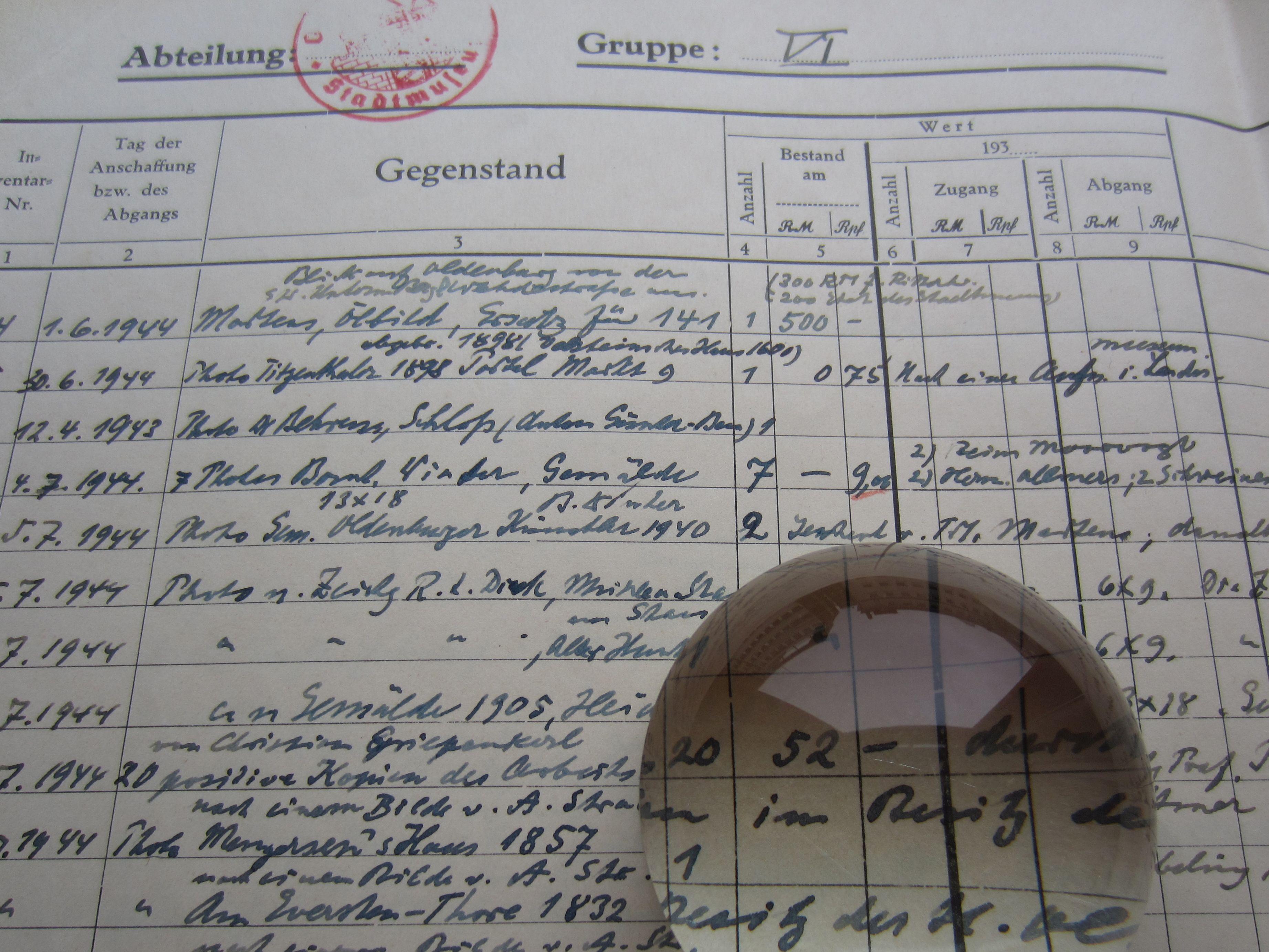Accessible Data for improved Provenance Research
Proveana is the research database at the German Lost Art Foundation. Notably, it displays the results of research projects that were funded by the Foundation. The objective is to support provenance research through documenting historical information, thereby making it more transparent and contributing to the solution of unresolved cases. Proveana comprises four research areas: cultural property expropriated as a result of (Nazi) persecution (Nazi-looted art), cultural property displaced as a result of war (wartime losses), expropriation of cultural property in the Soviet occupation zone and the GDR, as well as cultural goods and collections from colonial contexts. The database allows searches for people, corporations, events, collections, provenance information, objects and further documentary sources. Searches in Proveana also include the contents of the Lost Art database, as well as links to further databases. Proveana provides assistance for those whose cultural assets were seized, for their descendants, for scholars, for everybody involved in the trade with cultural goods, for the media, and for policy-makers.

